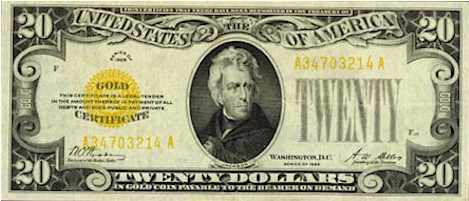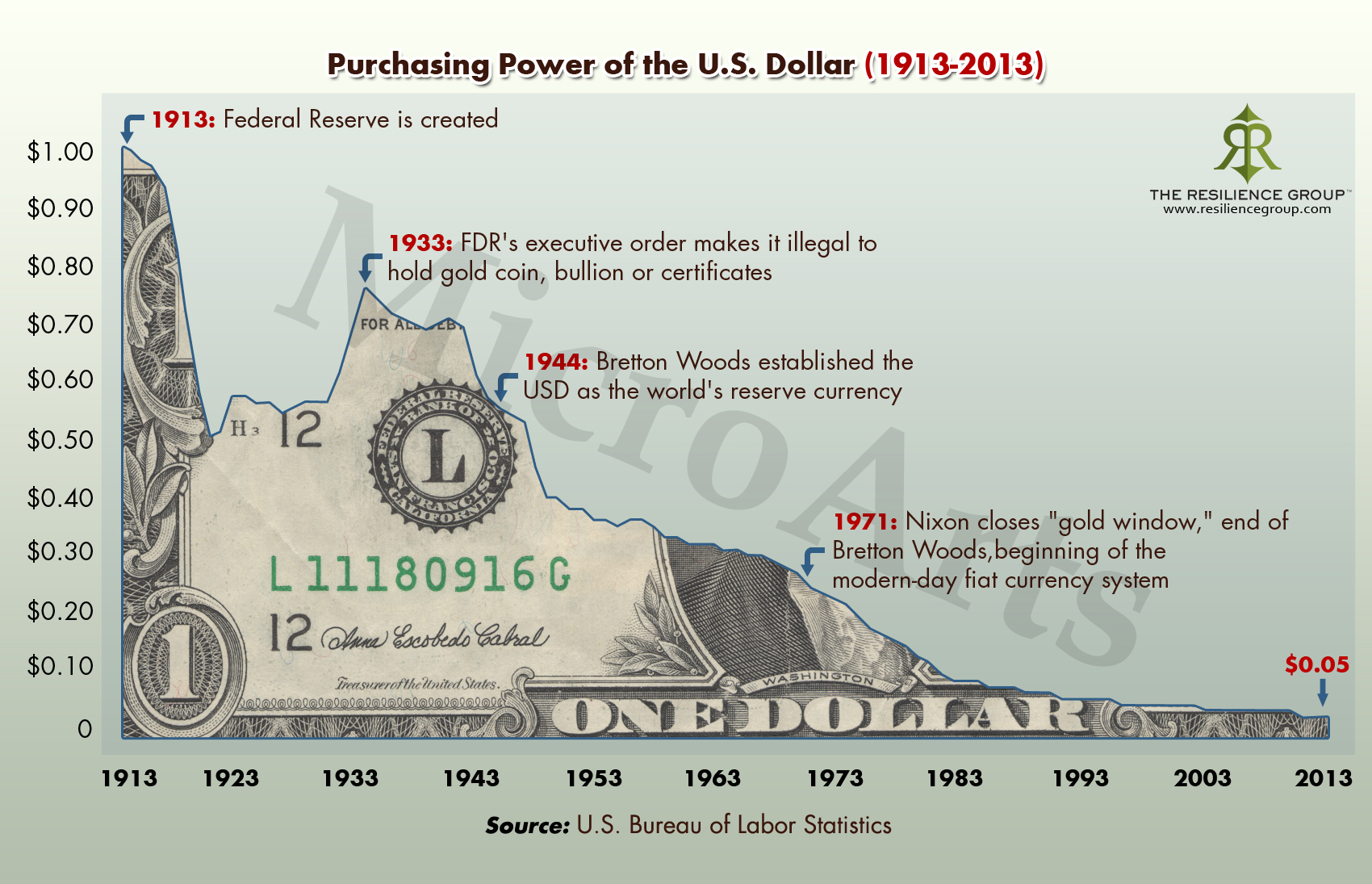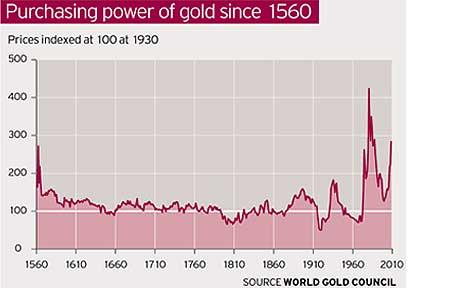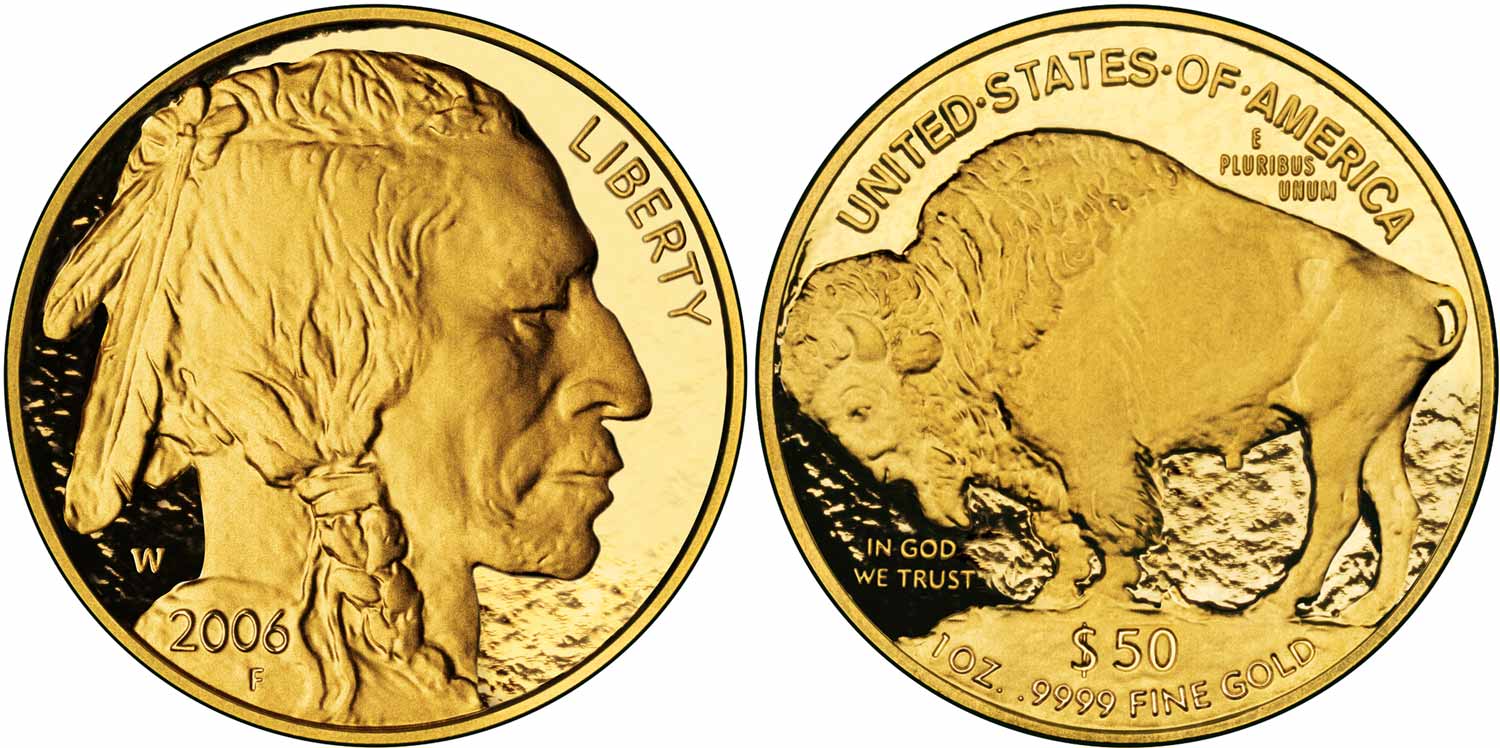- Joined
- Mar 16, 2010
- Messages
- 369
- Reaction score
- 223
Hey guys, finishing up residency soon and going to be joining the real world after fellowship...finally decided to take some initiative and educate myself on personal finance after being told by an advisor "don't worry about all that stuff, that's why guys like you pay guys like me" (most of my Roth IRA's were put in mutual funds with loads of 5.7% and expense ratios between 1.5-2.6% and nearly all had 12-b1 fees as well)....I read white coat investor then a book by boggle and now I'm reading 4 pillars of investing . I'm still at the infancy stage of finance, but some decisions to make and hoping I could get some advice....
My wife recently left p and g with a profit sharing trust that holds about 45k in a mixture of preferred and common company stock. She is 100% vested. The tax deferred company plan is split between a savings plan and the profit sharing trust. The profit sharing trust has the option of moving the stick into index funds or bonds. The more I read the more it seems like I should do this. Is there any reason not to take all of that money and divvy it up between index funds and short term bonds?
Are there possible advantages to keeping shared of preferred company stock in a tax deferred plan? Seems like all the eggs are in one basket
second question is...where do suggest keeping savings for a down payment on a house?
(I have only about 100k left in school debt at 3.5%)
My wife and I plan on saving for 2-3 years and having at least 20% down to put down on our first home.
Thanks!!!
You may be able to get a house with no down payment. There are plenty of banks nationally that give mortgages to doctors with no down payment. So if your student loans have high interest rates, it may be worthwhile to pay those off instead of saving up for a down payment.
Also, renting is not too bad in the current job climate. Unless your first job is awesome, there is a good chance you could be moving in less than 3 years, in which case, buying is not worth it imo. Im 1 year out and am moving job. I bought a house (no down-payment) and now have to sell it. Probably lose 15 to 20 grand in mortgage fee and realtor commissions.








